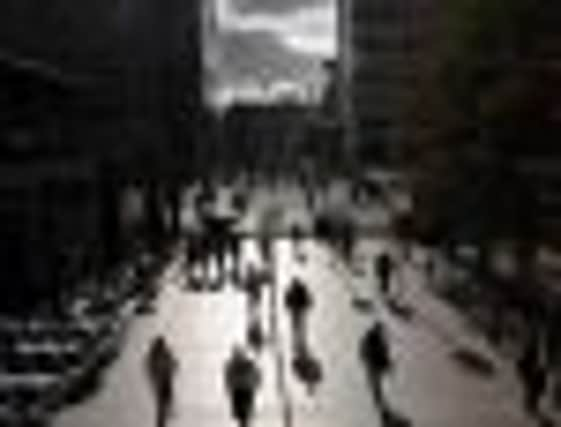Book review: Capital


The title has two meanings. This is a novel about London and a novel about money. Both subjects are huge. John Lanchester confines them within manageable limits by dwelling on a single street and some of its inhabitants. It is called Pepys Road, set in an undefined district, and in the opening chapter, Lanchester gives us a potted history of its development. Built towards the end of the 19th century for “the respectable, aspirational no-longer-poor”, it has by our time come up in the world, and, as London floats on a lake of money and debt, houses which were once priced in the thousands or tens of thousands are now all worth much more than a million. “Britain had become a country of winners and losers, and all the people in the street, just by living there, had won.” Fair enough, except that all countries at all times have their winners and losers, with chance of one sort or another playing its part.
Then we see a young man, moving along the street early on a summer morning, taking photographs of the houses. Soon their inhabitants will receive postcard photographs of their front doors with the message: “We want what you have.” This will be followed by DVDs and then more disquieting messages, but the note of sinister menace which is struck, and which serves as a device to bind the different narratives together, will be inadequately developed. It is more of a red herring than anything.
Advertisement
Hide AdAdvertisement
Hide AdThe novel is written in 107 chapters, usually of around half-a-dozen pages, most dealing with the occupants of one of the houses, or with a Polish builder employed intermittently on a couple of them, an illegal immigrant from Zimbabwe working as a traffic warden, the policeman charged with investigating the mysterious messages, or the conceptual artist Smitty, whose dying grandmother lives in Pepys Road. So here are several different narratives going on, and the reader’s attention must shift between them. As a means of describing the variety of London life today and of capturing something of the energy of the city, this works well enough. Yet the chosen structure dissipates interest and there is a lack of narrative drive. Longish passages of description and unremarkable social observation don’t compensate for this.
Too much is predictable, too many of the characters come from central casting. We can be sure, long before it happens, that one of the Pakistani brothers who own the corner-shop will attract the attention of the police anti-terrorist unit; the only question is which. We know that the banker Roger, and his high-spending wife, will come a cropper, because that is why they are in the novel. They can’t surprise us because they don’t have a strong enough individual character to be allowed to act out of character.
This is no doubt true enough of many people in real life, but it is sad that an able and intelligent novelist like Lanchester has imagined his characters so dully, and therefore inadequately. As workmanlike chapter industriously followed workmanlike chapter, I felt like calling out, “for Heaven’s sake, surprise me”. But had I done so, my call would not have been answered. It’s not enough to put slices of life conscientiously on the page.
There are pleasing chapters and good scenes, some of them touching, a few amusing, and it all ticks along agreeably. But it does so on a level of seldom-relieved banality. One has the impression that Lanchester’s imagination was itself never fully engaged, as it was in that splendid novel of Hong Kong, Fragrant Harbour. There was a fizz there that is sadly absent here. The result is a novel which is ambitiously-conceived, but fails to take wing.
There are stories here, or bits of stories, but there is nothing – except the street itself – to hold the novel together. Plot is out of fashion in the serious novel, and is left to the writers of crime fiction or “airport novels”. Yet the masters of the 19th-century novel, like Scott, Dickens, and Trollope, recognised the importance, even the necessity, of a plot; it was what could bind together the different strands of a novel dealing with characters who belonged to different social classes.
Read, for instance, the letters in which Dickens agonizes over the difficulties of finding and developing a plot. Evidently Lanchester sensed the need for this; that is the point of the mysterious “we want what you have” messages. Yet this which should be disturbing never disturbs; interest in it fizzles out early.
So we are left with a novel which has moments of interest, moments of charm, a few of pathos, much intelligent observation, but little that is compelling; a novel in short which is worthy but utterly unremarkable and therefore rather dull.
• Capital
by John Lanchester
Faber & Faber, 577pp. £17.99